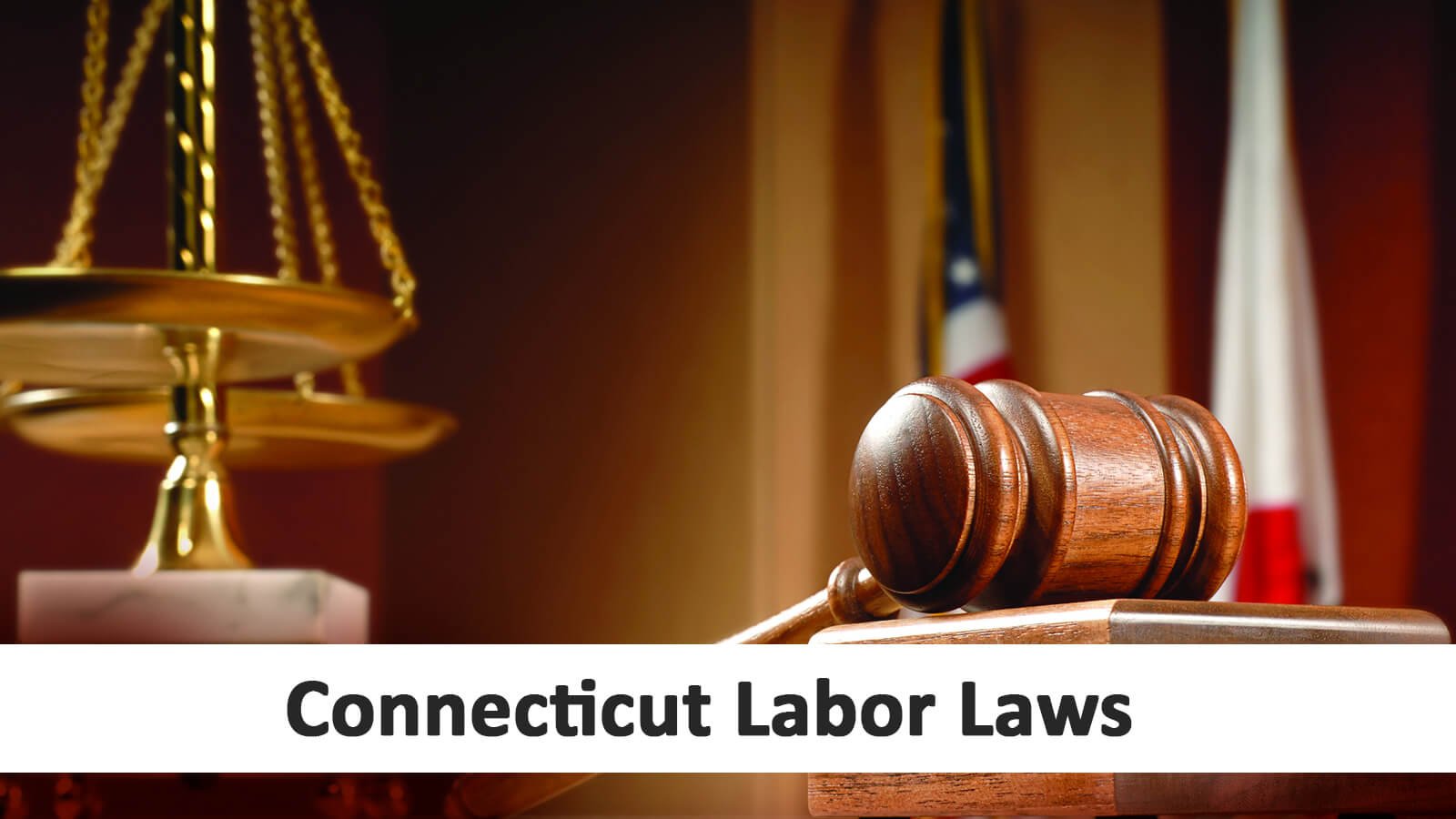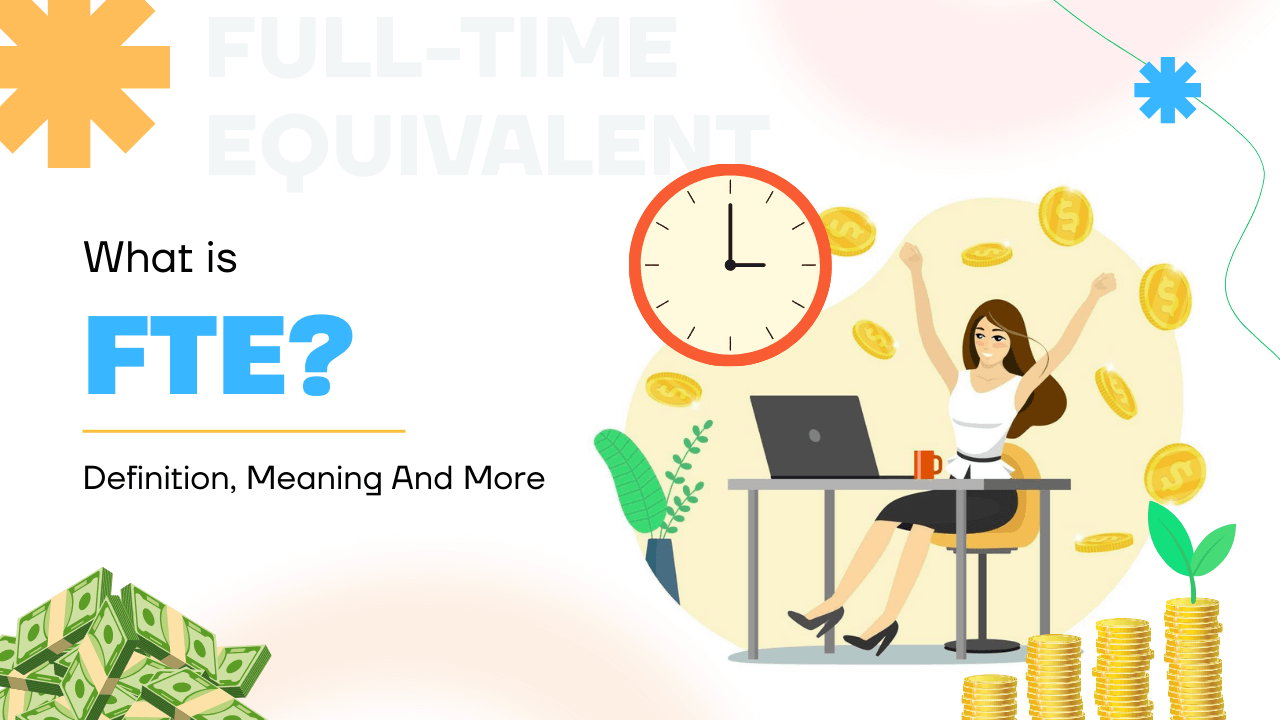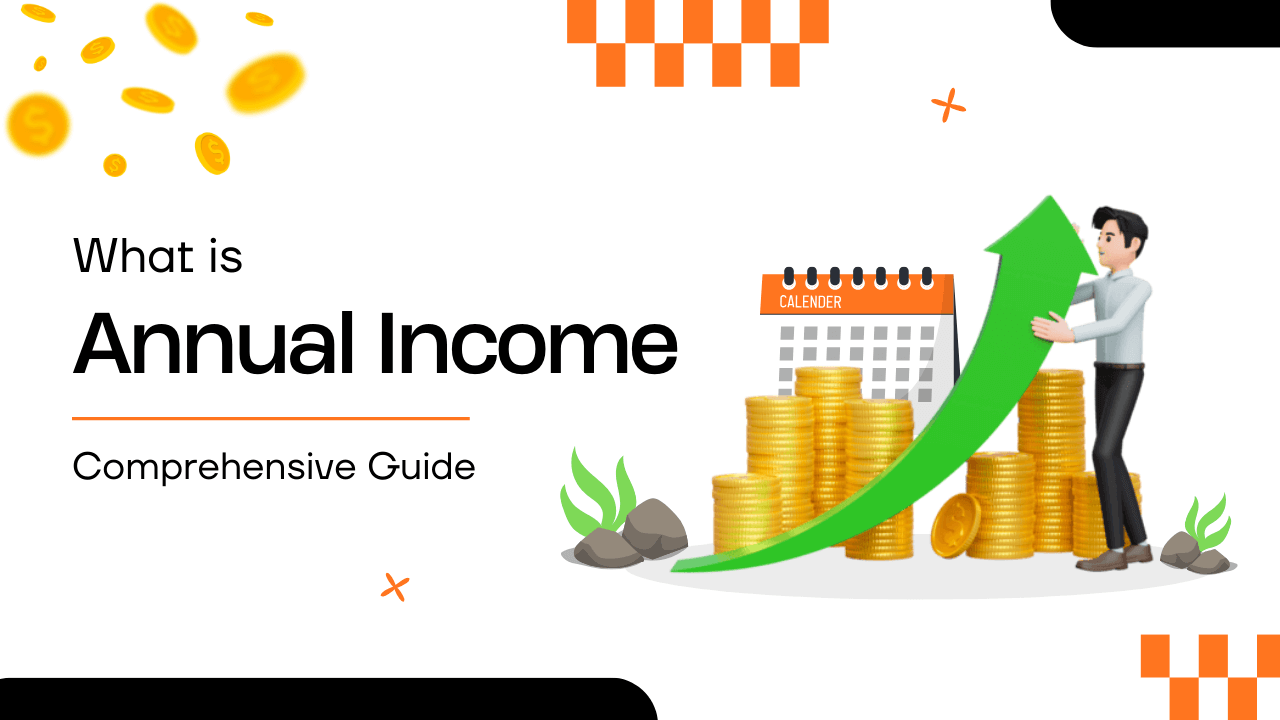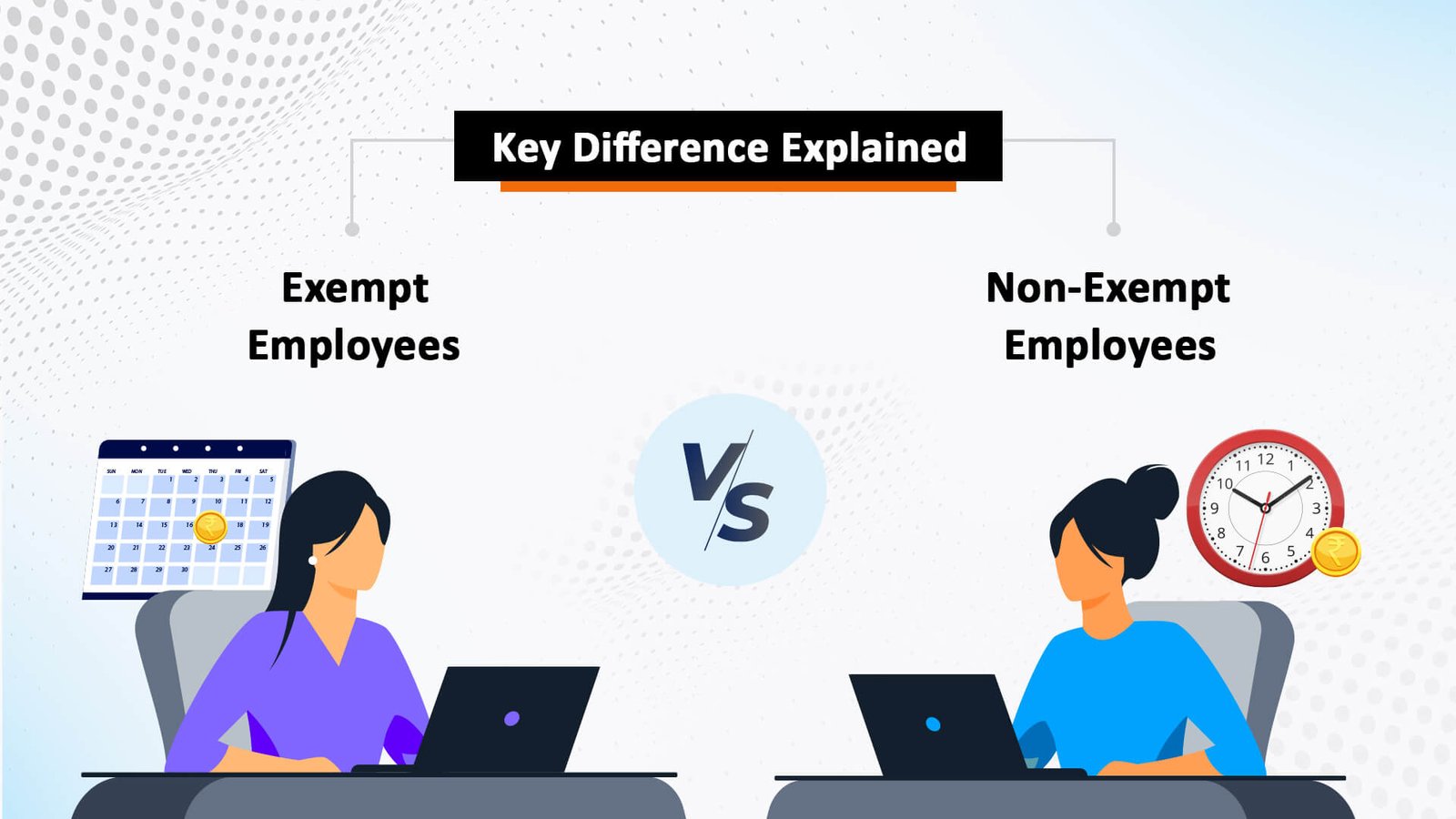Labor laws in Connecticut are designed to safeguard employees while helping employers create lawful workplaces. Employers operating in Connecticut must understand these state-specific regulations in order to remain compliant and avoid costly legal issues.
Also check: “Now you can create the paystub compliant with the Connecticut labor laws by using the paystub creator– that provides the multiple pay stub template free library. ”
State of Connecticut labor laws offer protections to workers of all ages. Furthermore, Connecticut provides clear guidelines regarding minimum wage, paid leave policies, child labor laws and other rules.
Read this article to know laws with detailed information to create a positive work environment, reduce legal risks and facilitate long-term business success for employers.
Standard Working Hours
We will discuss minimum wage, overtime pay rates, as well as Connecticut’s two separate bills on pay transparency so you don’t miss a beat when paying your staff members.
Minimum Wages
Connecticut has one of the highest minimum wage rates in the nation at currently $16.35 an hour for most employees working across its borders, providing fair compensation to workers across its boundaries. There are however a few exceptions that take this rule into consideration.
Employers of minor employees under 18 years old can pay them at a reduced wage rate of $13.90 an hour – equaling 85% of their standard rate.
Tipped Minimum Wages
Connecticut allows employers to incorporate employee tips as part of the minimum wage under certain conditions, often known as a tip credit.
Connecticut currently has a tipped minimum wage rate of $6.38 an hour for hotel and restaurant employees and $8.23 for bartenders; employers can utilize this reduced rate only if an employee’s total hourly income equals or surpasses that of Connecticut’s standard minimum wage.
Also Read: State of Alaska Labor Laws 2025
Overtime Laws
Connecticut follows both the Fair Labor Standards Act (FLSA) and state laws in regard to overtime pay – specifically 1.5x their regular rate for any time worked beyond 40-hour workweek.
Meal And Rest Breaks
As per Connecticut labor laws lunch break employees working less than 7.5 consecutive hours do not qualify for meal or rest breaks. Workers scheduled for shifts of 7 hours or more consecutive hours must receive at least a 30-minute unpaid meal break during each shift.
Employers typically offer 30 minutes of paid break time each workday, which can be divided into two 15-minute breaks or smaller intervals throughout the workday, to give employees time for resting, relaxing, recharging and maintaining productivity.
Leave Laws
Connecticut provides its employees with comprehensive leave programs designed to promote work-life balance and help safeguard workers during personal or family crises. Connecticut policies cover an array of areas including family medical leave, paid sick leave, military service leave and emergency responder leave.
Under the Connecticut Family and Medical Leave Act (CTFMLA), eligible employees are granted up to 12 weeks of job-protected leave during any 12-month period for qualifying reasons like childbirth, adoption, serious health conditions, organ donation or specific military duties.
Employers with 50 or more employees must also offer qualifying service workers up to 40 hours of paid sick leave per year, accruing an hour for every 40 hours worked. Employees who are victims of family violence or sexual assault may use sick leave, provided that they were not the perpetrator.
| Types Of Leave | Duration | Eligibility |
|---|---|---|
| Paid Family Leave | Varies | All employees |
| Paid Family And Medical Leave | Leave up to 12 weeks in a 12-month period | All employees |
| Paid Sick Leave | Up to 40 hours per year | Non-Exempt Service or Hourly workers in companies with over 50 employees |
Also Read: South Dakota Labor Laws
Child Labor Laws
Connecticut labor laws for minors have stringent regulations in place to safeguard minors as well. The minimum employment age in Connecticut is 16; however, employers may hire 14- and 15-year-olds for certain permitted jobs such as office work, retail sales or food service if all legal requirements are fulfilled.
Employers are required to secure an employment certificate (or work permit) for each worker under 18 before beginning work with them, in order to verify the child’s age and ensure compliance with state labor laws. These rules vary based on factors like their age, school enrollment status and type of employment they perform.
| Category | Work Hour & Nightwork Restrictions |
|---|---|
| Minors Under 16 Years Old |
|
| 16- and 17-Year-Olds Enrolled in School (Not Graduated) |
During school session:
During school vacations of five consecutive days:
|
| 16- and 17-Year-Olds Not Enrolled in School (Not Graduated) |
Retail or Mercantile Establishments:
Restaurants, Manufacturing, Mechanical, Recreation, Amusement, and Theater Establishments:
|
| Nightwork Restrictions |
|
| Purpose | These labor hour limits help ensure young workers maintain a healthy balance between school, rest, and employment while gaining safe and lawful work experience. |
Taxes In Connecticut
Connecticut imposes several types of taxes that both employers and employees should be aware of. Connecticut utilizes a graduated individual income tax system with rates ranging from 2.00% to 6.99% depending on income level; this ensures that higher earners contribute a larger proportion of their earnings to taxes as opposed to lower-income residents.
Also Read: District of Columbia Labor Laws
Struggling to maintain financial transparency? – Create the accurate paystub for your employees!
Accurate pay stubs are essential in upholding financial transparency between employers and employees. Small businesses and startups often struggle with producing professional pay stubs that meet state and federal labor requirements; any discrepancies caused by incorrect calculations, missing tax details or incorrect deductions.
This could compromise business credibility and lead employee dissatisfaction. Employers need a reliable paystub creator that automates and ensure accuracy. Employers can quickly generate error-free pay stubs with correct wage, tax and deduction details – saving time, minimizing mistakes and meeting legal compliance.
Stub Creator provides businesses with a valuable service that bridges the gap between paystub creation and compliance, helping businesses stay organized, avoid legal complications, and build trust among their workforce.
Curious Mind Also Asks:
1) What is the 4 hour rule in CT?
The 4 hour rule in CT defines- Employees scheduled to work 4 or more than 4 hours must receive at least the equivalent pay if they work; even if sent home early.
2) How many breaks are required by law in CT?
Employees working 7.5 or more consecutive hours must take a 30-minute meal break. The break either unpaid or with pay depending on what the employer decide.
3) How many hours straight can you legally work in CT?
There is no specific rule as CT labor laws minimum hours on how many hours an employee can work per day in Connecticut. However you can take a 30-minute lunch break after every 7.5 consecutive hours, and overtime applies after 40 hours per week have been worked.
4) Is overtime mandatory in CT?
Yes, overtime pay is mandatory if you work more than 40 hours in work week. The overtime pay is 1.5X times as per the regular hourly pay.
5) Can you work 7 days a week in CT?
Employees can work 7 consecutive days without taking breaks or paying overtime, but employers must adhere to break and overtime laws.
Also Read: State Of Wyoming Labor Laws 2025
FAQ's
What is the 7 minute rule in CT?
+
The 7-minute rule in CT permits rounding time entries to the nearest 15 minutes as long as it's applied equally and doesn't unfairly disadvantage employees.
What happens if I don't get paid on payday in Connecticut?
+
If their wages aren't paid on payday, employees can file a complaint with the Connecticut Department of Labor and employers may face penalties as well as having to make back pay payments.
Can an employer deny overtime pay?
+
No employer can legally withhold overtime pay from employees who work more than 40 hours in any week. They have to provide 1.5X pay than regular work.
Is holiday pay mandatory in CT?
+
No, Connecticut law does not mandate holiday pay; however, many employers provide it voluntarily.





